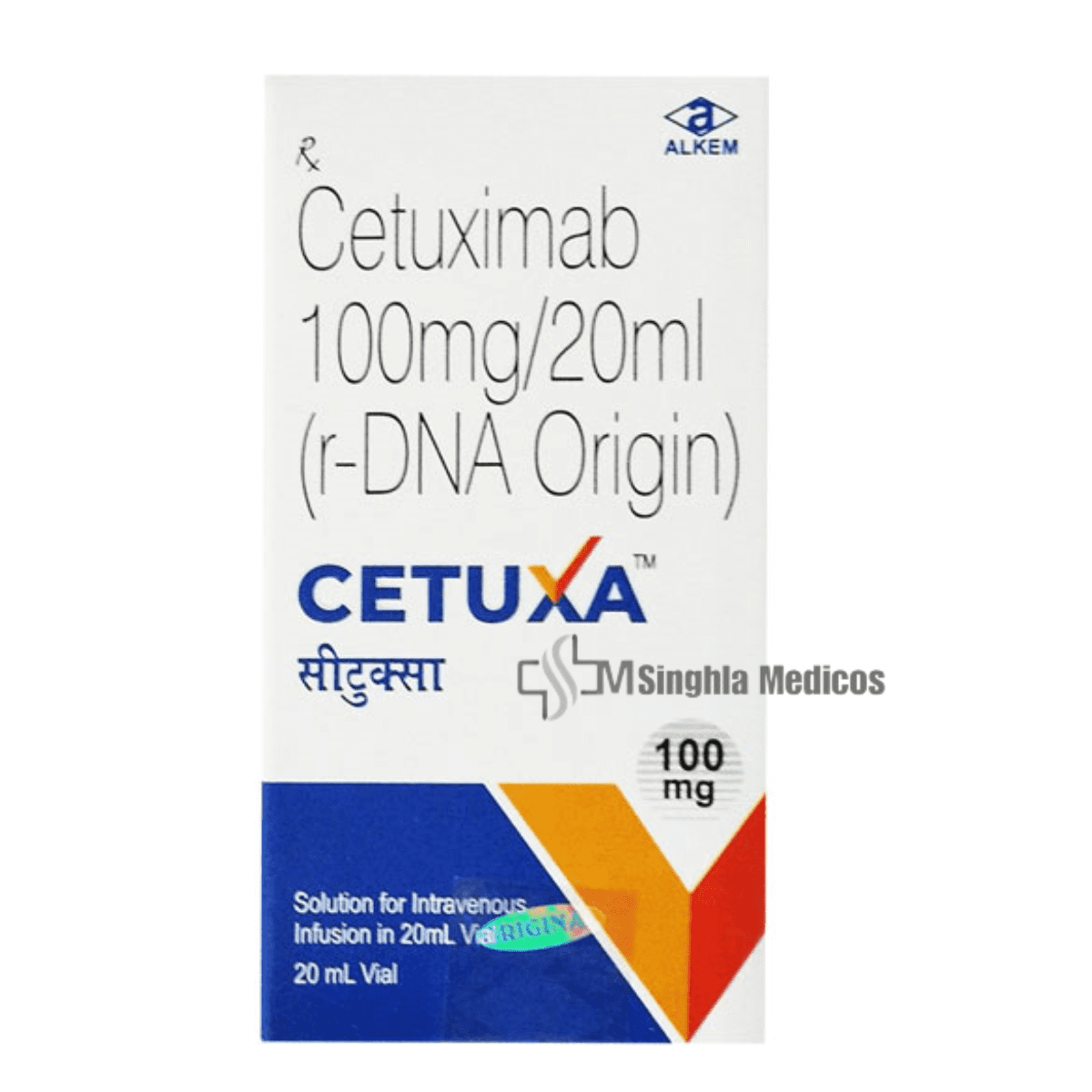BLOG
Oral Cancer: Causes, Symptoms & Treatment

Oral cancer, a significant health concern worldwide, refers to cancers that develop in the tissues of the mouth or throat. Belonging to a larger group of cancers called head and neck cancers, oral cancer can be life-threatening if not diagnosed and treated early. This blog post will explore the causes, symptoms, and treatment options for oral cancer, with a focus on the best practices for management and potential medications.
Causes of Oral Cancer
Oral cancer arises when cells in the lips, inner lining of the cheeks, gums, front two-thirds of the tongue, the floor of the mouth beneath the tongue, hard palate, or the area of the throat at the back of the mouth begin to grow uncontrollably. The exact cause of these changes is often linked to several risk factors:
- Tobacco Use: Smoking cigarettes, cigars, pipes, or using chewing tobacco is the most significant risk factor for oral cancer.
- Alcohol Consumption: Frequent and heavy alcohol consumption increases the risk of oral cancer, especially when combined with tobacco.
- Human Papillomavirus (HPV): Certain strains of this sexually transmitted virus, particularly HPV16, have been linked to oropharyngeal cancers.
- Sun Exposure: Exposure to sunlight can increase the risk of lip cancer.
- Poor Nutrition: A diet low in fruits and vegetables may increase the risk of oral cancer.
- Genetic Factors: A family history of cancer can increase risk, although this is less significant than lifestyle factors.
Symptoms of Oral Cancer
Recognizing the symptoms of oral cancer can lead to earlier diagnosis and treatment, which can significantly improve outcomes. Common symptoms include:
- Persistent sores on the face, neck, or mouth that bleed easily and do not heal within two weeks.
- A swelling, lump or growth with or without pain.
- White or red patches in the mouth or on the lips.
- Unexplained bleeding in the mouth.
- Unexplained numbness or pain/tenderness in any area of the face, mouth, or neck.
- Persistent sore throat or feeling that something is caught in the throat.
- Difficulty chewing, swallowing, speaking, or moving the jaw or tongue.
- Hoarseness, chronic sore throat, or change in voice.
- Ear pain.
- Change in the fit of dentures.
Diagnostic Approaches
If any of these symptoms are noticed, it is crucial to see a healthcare provider who can perform a thorough clinical examination and potentially order tests like biopsies, imaging tests (CT, MRI, or PET scans), and endoscopy to confirm the diagnosis.
Treatment of Oral Cancer
The treatment of oral cancer depends on the stage, location of the cancer, overall health, and personal preferences. Common treatment options include:
- Surgery: Surgical removal of the tumor is commonly the first line of treatment for oral cancer. If the cancer has spread, lymph nodes in the neck may also be removed.
- Radiation Therapy: This treatment uses high-energy beams, such as X-rays or protons, to kill cancer cells. It is often used after surgery or alone in cases where surgery is not possible.
- Chemotherapy: This involves the use of drugs to kill cancer cells, often used in conjunction with radiation therapy.
- Targeted Therapy: Drugs or other substances that block the growth and spread of cancer by interfering with specific molecules involved in tumor growth and progression.
- Immunotherapy: This treatment boosts the body’s natural defenses to fight the cancer.
Best Medications and Supportive Care
While surgery, radiation, and chemotherapy are mainstays of treatment, certain medications can also play a critical role, particularly in advanced cases:
- Cetuximab (Erbitux) is an example of targeted therapy that has been approved for treating head and neck cancers, including oral cancers. It works by targeting the epidermal growth factor receptor (EGFR) that helps tumors grow.
- Pain management, nutritional support, and speech therapy are also crucial for improving quality of life.
₹9,990.00 Original price was: ₹9,990.00.₹7,200.00
Prevention and Early Detection
Prevention strategies for oral cancer include quitting tobacco, limiting alcohol consumption, eating a balanced diet rich in fruits and vegetables, protecting lips from the sun with a lip balm containing SPF, and considering HPV vaccination. Regular dental check-ups that include examinations of the entire mouth are also essential for early detection.
Conclusion
Oral cancer poses a serious health threat, but understanding its causes, recognizing symptoms early, and accessing effective treatment can significantly improve outcomes. Lifestyle modifications, vigilant observation for symptoms, regular medical check-ups, and following through with recommended treatments are crucial steps in battling this disease. If you or someone you know exhibits signs of oral cancer, prompt action and consultation with healthcare professionals can make a life-saving difference. More


